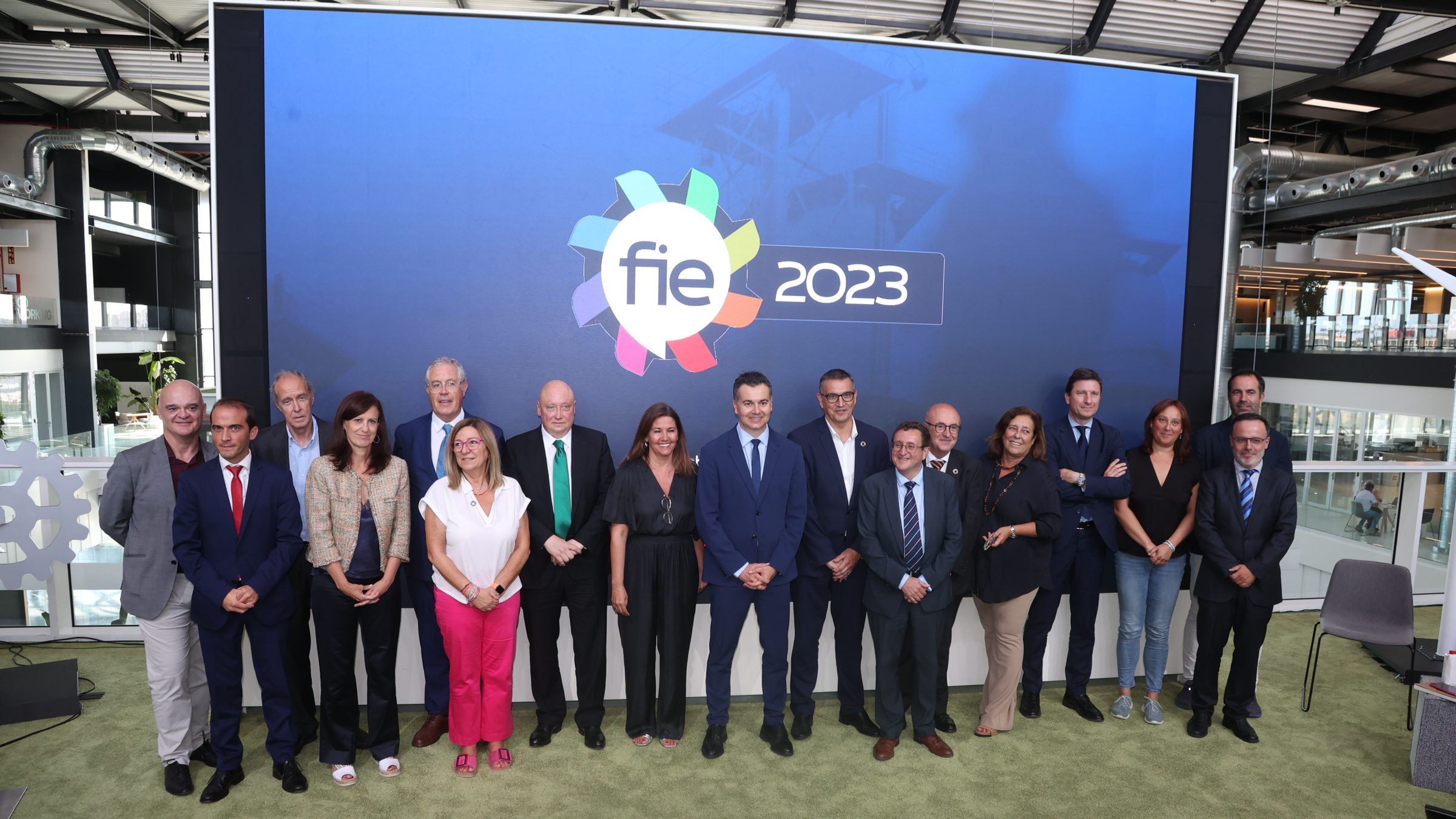- FIE2023 concluded its second edition with a unanimous commitment from all participants to strengthen Catalonia’s industrial fabric, focusing on renewable energy ‘to combine reindustrialization with the necessary energy transition,’ in the words of the event’s director, Albert Concepción.
The event brought together top political representatives in Barcelona, including former Presidents of the Generalitat of Catalonia José Montilla and Artur Mas; the Minister of Industry, Commerce, and Tourism, Héctor Gómez; the leader of the Opposition in Catalonia, Salvador Illa; the Industry Minister, Roger Torrent; the Mayor of Barcelona, Jaume Collboni, as well as distinguished academics and prominent members of various social organizations. Here are the main conclusions from the event as stated by the speakers:
The former Presidents advocated for a ‘change of mindset’ in Catalan society in favor of the industrial sector because, otherwise, Catalonia will not be able to maintain the competitiveness of its industries, leading to an ‘inevitable decline’ in its economy. On the other hand, Artur Mas emphasized that ‘Catalonia has not done its homework as it should have’ regarding the implementation of renewables.
José Montilla highlighted the need to ‘be competitive’ to attract industrial investments. To achieve this, several conditions must be met, including the availability of capital, professional qualification, innovation, research, affordable energy supply, and political stability, an ‘important’ factor as these are medium to long-term projects. Regarding the supply of clean energy, he lamented that Catalonia is ‘lagging behind’ in Spain, ‘alongside the Valencian Community.’
- ‘Not only do I congratulate you on the organization of the Forum, but I also thank you, as I believe that there is a need for spaces like this to discuss and put forward ideas and thoughts.’ – Artur Mas, former President of the Generalitat of Catalonia.
- ‘I found it an excellent opportunity to address the industry’s problems related to energy, sustainability, and the environment. It has been very interesting.’ – José Montilla, former President of the Generalitat of Catalonia.
“It is a real privilege and an honor to be with you today,” emphasized the Minister, considering the event as a space ‘for debate and analysis’ whose contributions and conclusions can lead to ‘enormous opportunities for our country.’ He also highlighted that the discussions and ideas presented during FIE2023 ‘allow us, those who make decisions, to find better paths or identify the weaknesses we have today in order to continue making accurate and successful decisions.’
- ‘These kinds of forums are important, especially with such a high-level panel, to which we come to provide valuable information on the Ministry of Industry’s management.’ – Héctor Gómez, Minister of Industry, Commerce, and Tourism.
In his address, the leader of the Opposition in Catalonia, Salvador Illa, explained that it is essential to balance the fight against climate change with ‘maintaining an industrial base’ for not only geostrategic but also ‘reducing inequality’ reasons, as the industrial sector ‘distributes prosperity much more evenly’ in the areas where it is established.
- ‘I think it’s a very wise initiative. Having forums for reflection, especially in the field of energy and industry, is crucial, especially in today’s times.’ – Salvador Illa, Leader of the Opposition in Catalonia.
As for the Mayor of Barcelona, Jaume Collboni, he defended the need to develop a new model of ‘clean and urban industry’ in the Catalan capital, with the ultimate goal of ‘creating quality jobs.’
The Industry Minister, Roger Torrent, highlighted the launch of the National Industry Plan by the Generalitat, in which ‘the energy vector is fundamental’ within the ‘trilemma’ composed of ‘supply, price, and sustainability.’ ‘The goal is to increase renewable energy as a general principle,’ he added.
The afternoon session featured the presentation of the report ‘Where Does the Industry’s Energy Come From?’ by Juan Francisco Caro, director of the consulting firm Opina 360, and Pere Palacín, a professor at IQS of the Universitat Ramón Llull. Caro pointed out that the Spanish industry reached a 25.1 percent consumption of renewable energy in 2021, including both direct-use sources, mainly biomass, and electric power generated from renewables. This is the highest percentage among the major industrial economies in Europe, surpassing the European average of 22.3 percent.

